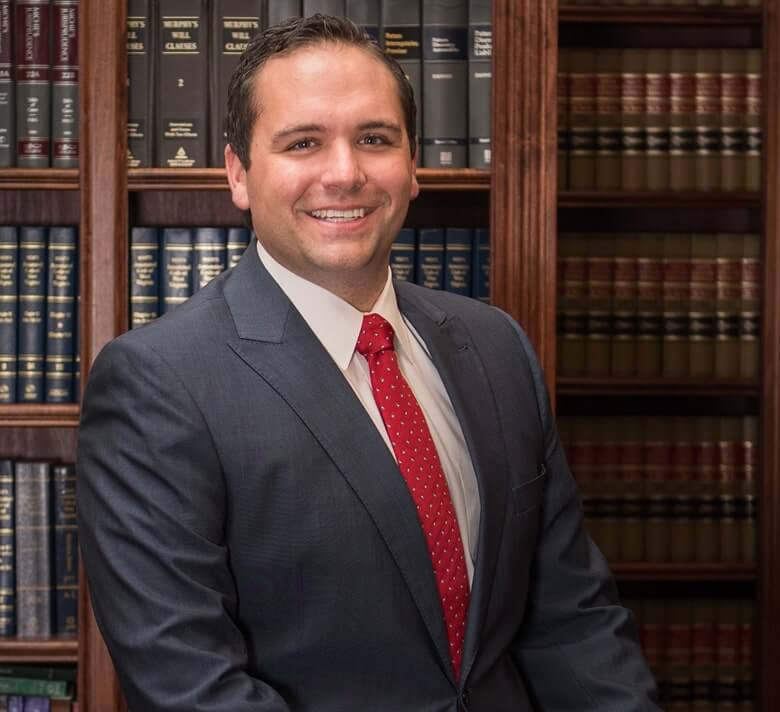
Accidents aren’t just traumatic for drivers; passengers can suffer all the same. Just because a person wasn’t driving doesn’t mean they don’t have their own rights to recovery for their injury. Passengers can take separate legal action, different from the actions the drivers are involved in. If you’ve been injured as a passenger in a car crash, understanding how to file a passenger car accident claim in West Virginia could make a real difference in your recovery, physically and financially.
If you were hurt in a crash, regardless of which driver caused it, you have the right to recompense for medical expenses, missed income, and pain and suffering. This is true whether the at-fault driver was the person you were riding with or another vehicle involved in the accident.
In some situations, you can file claims against more than one driver. For example, in a multi-vehicle accident, both drivers might share fault. In these cases, your claim may involve both insurance companies. You are not limited to whatever the driver of your vehicle pursues. You get to decide on the legal avenues that best protect your interests.
In West Virginia, fault plays a significant role in car accident claims. The person who is “at-fault,” meaning they caused the crash or contributed most to it, can be held responsible. That means the at-fault party’s insurance company typically pays for your damages. As a passenger, you might file a claim against:
Insurance companies will investigate which driver is responsible and how much of the accident is their fault. This isn’t always an easy calculation. A common challenge passengers face when pursuing legal action is that each insurance company may try to blame the other party, especially in cases involving multiple vehicles. That’s why gathering evidence, such as witness statements, photos, or police reports, is essential.
West Virginia uses a modified comparative fault system. This means that each driver will be assigned a percentage that represents the amount of fault they contributed to the accident. For drivers who are partly responsible for their own injuries, their compensation may be reduced. If the driver is found to be 50% or more at fault, they may be barred from recovering anything.
Fortunately, the modified comparative fault system won’t play a big role in the amount you recover – as a passenger, you can’t be at fault for the accident. But while you can’t be at fault, there is another argument the insurance company can make. In some cases, insurers may argue you made a risky decision by getting into the car with the driver. Essentially, you knew that being a passenger in the car with that driver was unsafe. The most common situation here is getting into a car with a driver under the influence of drugs or alcohol.

West Virginia has a two-year statute of limitations from the date of the accident for filing a personal injury claim. Filing late, even by one day, can prevent you from getting compensation.
Insurance policies often offer varying levels of coverage for injured passengers. Understanding the policy terms of both drivers and what applies specifically to passengers will help you decide which insurance company or companies to file a claim with.
According to the Insurance Information Institute, passengers often face complex claim negotiations involving multiple insurance carriers, particularly in multi-vehicle or rideshare accidents.
When looking at each party’s insurance policy coverage, you want to look for a few different types of insurance:
Even though you’re a passenger, you should also be checking your own car insurance policy. Your personal policy might offer additional coverage like MedPay or UM benefits.
If you were injured as a passenger in an Uber or Lyft, your legal options can be more complex. These companies provide up to $1 million in liability coverage, but it only applies when the driver has accepted a ride request and is actively transporting a passenger.
When you’re in an accident involving a rideshare, it’s important to act quickly. Rideshare companies have strict timelines for reporting accidents.

West Virginia allows passengers injured in a car accident to seek compensation for:
If you’re the family members of a passenger fatally injured in a car crash or passed away shortly after from their injuries, you may be entitled to file a claim. This type of claim is called a wrongful death claim.
You may be able to recover from both insurance policies. West Virginia allows comparative claims against multiple at-fault parties.
You should still seek medical attention immediately following a car crash. The shock of an accident can prevent you from feeling immediate injuries, and other Injuries like whiplash or internal trauma may have delayed symptoms. Documenting your condition early strengthens your claim.
Yes, if you or the driver of your vehicle has uninsured motorist (UM) coverage. This can help cover your injuries even if the liable party is uninsured.
Being injured as a passenger can leave you in a confusing spot if you weren’t driving. It isn’t fair that you weren’t driving, yet you’re the one dealing with medical bills, missed work, and calls from insurance companies. The attorneys at Manchin Injury Law Group are here to help. Our team offers complimentary consultations to guide you through your legal options and help you take the following steps toward recovery.

Member at Manchin Injury Law Group
Attorney at Personal Injury

Attorney Timothy Manchin established the Manchin Injury Law Group in 2011 after his law partner of more than 25 years became a West Virginia circuit court judge. His focus is on helping individual clients and entire families victimized by negligent acts.
We offer a free initial consultation at our office in the Manchin Professional Building — our home since 1983 — conveniently located in Fairmont.
If you are unable to visit our firm, we can come to your home or hospital room.
Fill out the form below to get in touch!